Protecting the environment is protecting people
In the Buddhist concept, Buddha is the great enlightened teacher who brought to humanity the message of peace , harmony, and spiritual happiness between humans, the universe around us, the natural environment and the social environment.
Since his birth more than 26 centuries ago, the Buddha taught his disciples about the importance of the environment and environmental protection in the Agama Sutra, the Forest Sutra chapter teaches: “A monk takes refuge in a forest to live. He thinks: I take refuge in this forest to live, if I am not yet mindful, I will become mindful; if my mind is not yet settled, I will become settled; if I am not yet liberated, I will become liberated, if the outflows are not yet destroyed; if I have not yet attained the supreme peace of Nirvana, I will attain Nirvana… Bhikkhus, you must protect the clean natural environment.” Therefore, protecting nature is also protecting the Buddha’s place of practice, showing respect in the heart.
According to the Doctrine of Dependent Origination, in the relationship between natural phenomena, human life and the universe: This exists, that exists; this arises, that arises; this ceases, that ceases. All dharmas depend on each other to arise, destroying nature means destroying the human living environment.
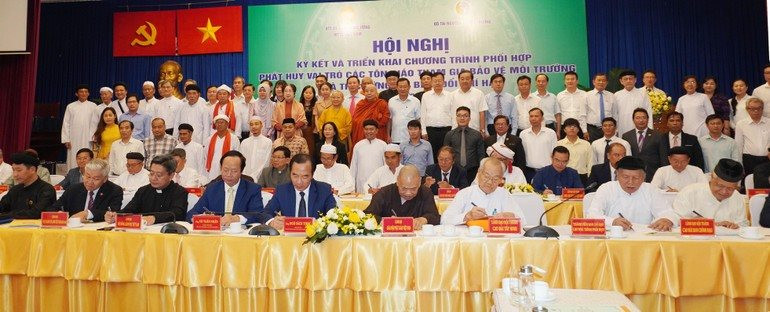
Regarding the issue of environmental protection, for example, from the “cause” of protecting the environment, people receive the “result” of a comfortable, clean living environment and improved health. From the “cause” of destroying nature, people receive the “result” of a polluted environment, stress, and poor health. Being aware of this, people will be careful in their actions when affecting nature. The law of cause and effect will govern and bring about results corresponding to the action, negative or positive.
From the core, Buddhism has focused on the humanitarian meaning of the environment with the view that all living beings are equal and life is a cycle of reincarnation. Right from the first five precepts "Do not kill", Buddhism has taught: All living beings have life. Whether it is human or animal life, it is equally valuable and precious, so people need to know how to love and have compassion for other living beings. Activities such as hunting and trading animals cause ecological imbalance, go against the Buddha's teachings, and humans are the first to be severely affected. The Covid-19 pandemic - originating from an animal market - is also a clear proof that humans must pay the price for the karma of "killing".
The Theory of Dependent Origination itself also believes that human life and the environment have a mutual relationship. Protecting and keeping the environment clean and fresh is also protecting human health, directing human thoughts to better things and also protecting the Buddha. From there, the Theory of Dependent Origination teaches people to love and share not only with their fellow human beings, but also with nature and the life around them.
Spread good deeds
In recent years, as Buddhism and other religions have actively responded to the policies of the Party and the State, environmental protection has gradually become a daily routine in pagodas and monasteries across the country. In addition to propaganda andeducation aimed at purely raising awareness among Buddhists, Buddhist monasteries have focused on creating green and peaceful spaces in places of worship.
Buddhists can easily see this when they come to burn incense and visit the scenery. Many pagodas impress with their lush green gardens, clean lakes and fresh, cool air, becoming spiritual cultural areas, helping to connect people with the natural environment, thereby raising awareness of environmental protection. During Buddhist festivals, many Zen monasteries encourage monks, nuns and Buddhists to participate in the movement of "planting trees of blessings" and "planting trees of wisdom", along with eliminating the custom of "picking and breaking branches" as before.
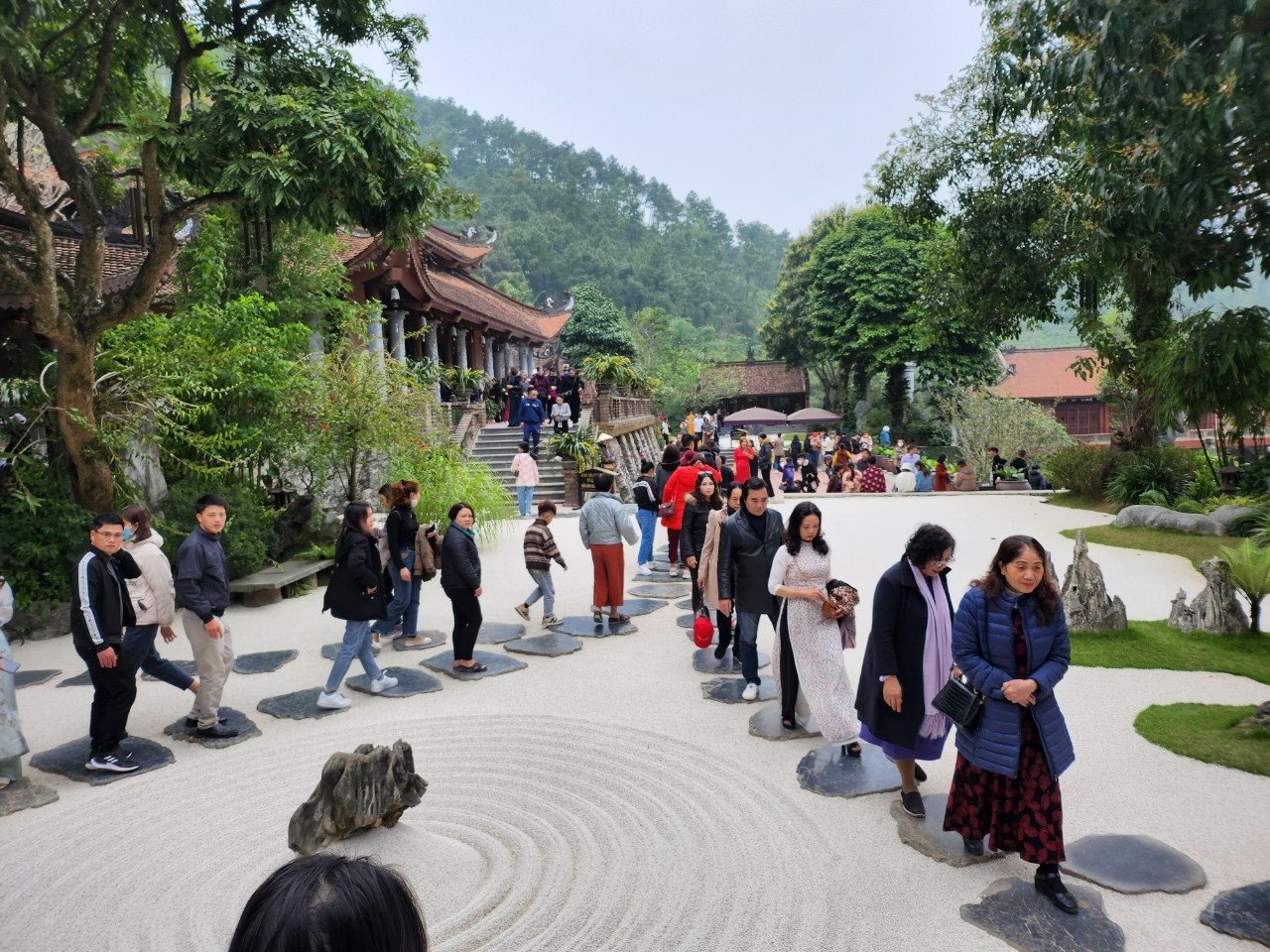
Many monasteries also call for building an environmentally friendly lifestyle in the community such as: "clean and beautiful from the altar, inside the house, outside the yard, to the road and throughout the country". Save water, plant trees, participate in cleaning the place of residence and residential areas. In addition, the issue of environmental protection has been included in lectures in Buddhist retreats with rich content, especially for children to guide them to be aware of environmental protection from an early age. Churches at all levels have compiled knowledge about environmental protection from a Buddhist perspective, so that there can be applications and practices in daily life and encourage everyone to join hands to act for the environment.
The Central Executive Council of the Vietnam Buddhist Sangha also requested that monks and nuns uphold the spirit of Bodhisattva, propagate and guide Buddhists to eliminate superstitions and burning votive paper at Buddhist places of worship. At the same time, sign a cooperation agreement with management agencies to raise awareness and sense of responsibility of monks, nuns and Buddhists about releasing animals, introduce a list of aquatic species that are restricted from being released to protect the local environment, help balance the ecosystem...
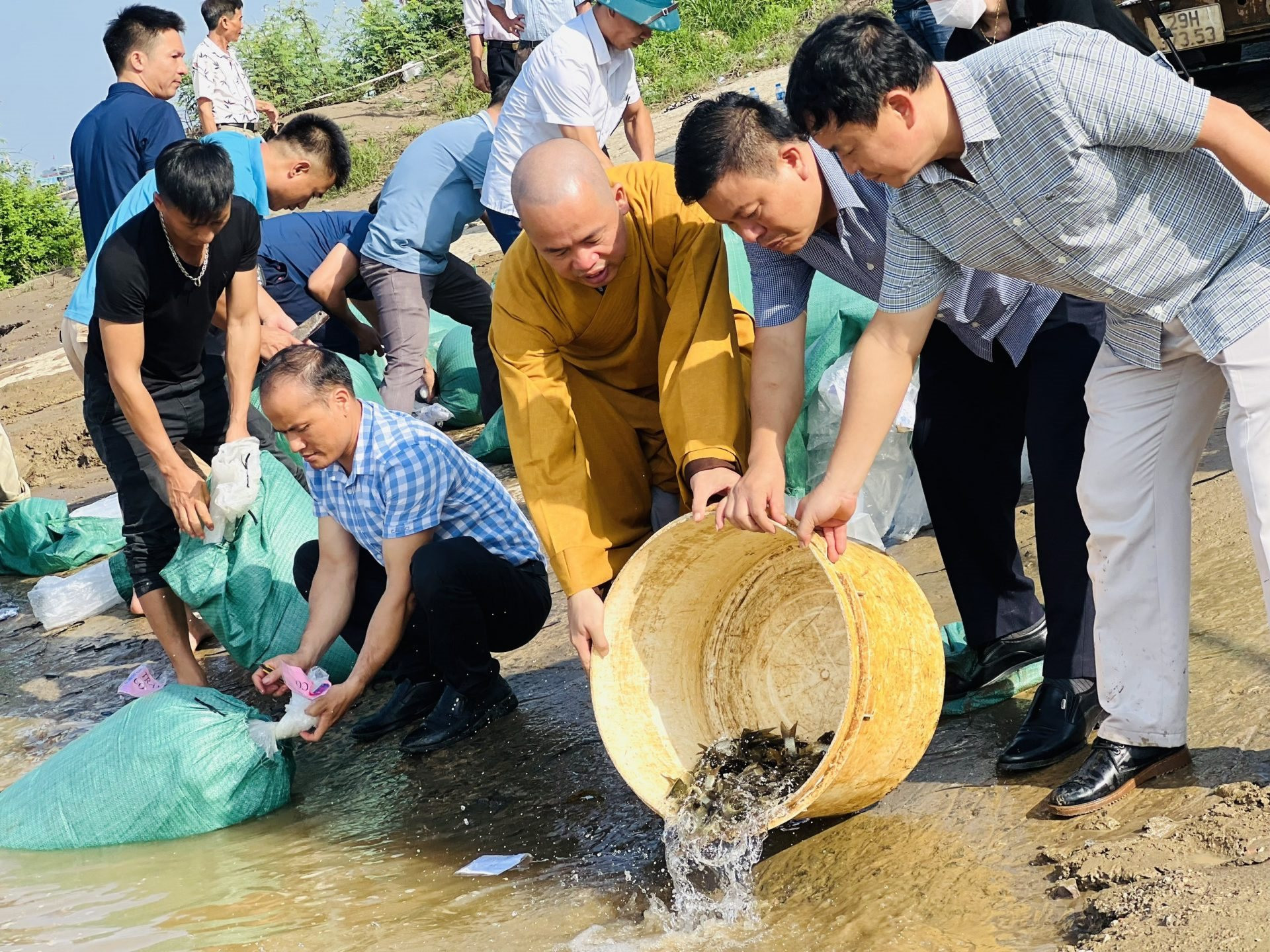
At the end of 2021, in order to actively respond to the movement proposed by the Ministry of Natural Resources and Environment on "fighting plastic waste", thereby reducing environmental pollution, the Vietnam Buddhist Sangha called on people to use paper bags, reusable cloth bags or biodegradable plastic bags instead of using plastic bags; replace hard-to-decompose, single-use plastic products such as straws, mineral water bottles, bowls, plates, cups, spoons... with using ceramic cups, glasses or glass bottles when organizing meetings and receiving guests. In particular, the Vietnam Buddhist Sangha requested that the Vietnam Buddhist Sangha in provinces and cities not use plastic materials in "Hoa Dang" festivals, to avoid polluting and destroying the water environment.
In the message on environmental protection, the Vietnam Buddhist Sangha calls on each person, through their practical actions, to commit to protecting the environment sustainably, and that is also protecting themselves. This is more necessary than ever, with the wishes and responsibility of gratitude of children who are loved and protected by Mother Earth.
Source


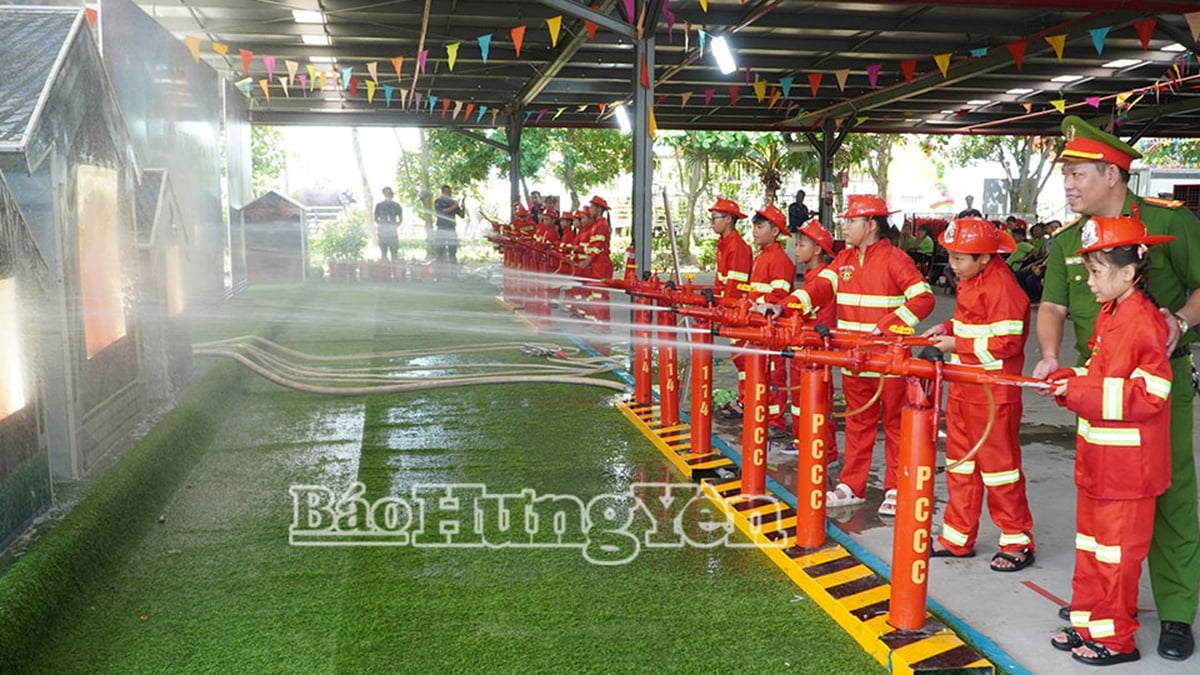





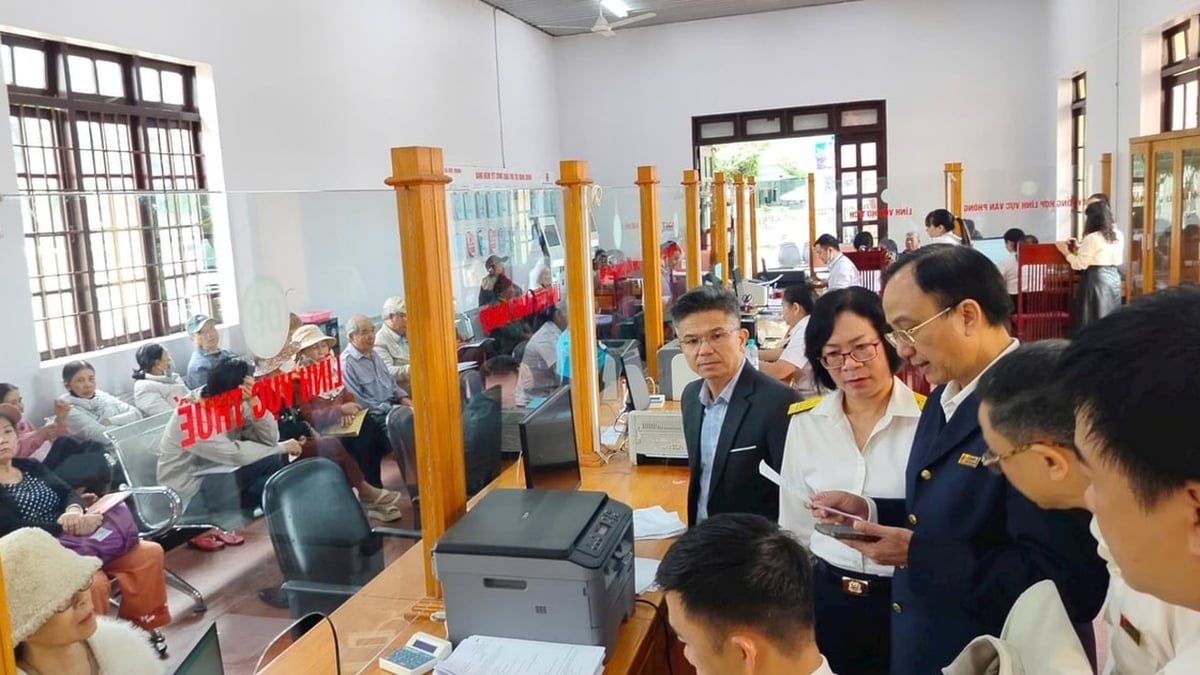






















































































![[Infographic] In 2025, 47 products will achieve national OCOP](https://vphoto.vietnam.vn/thumb/402x226/vietnam/resource/IMAGE/2025/7/16/5d672398b0744db3ab920e05db8e5b7d)





Comment (0)